In the series hospitality influencers, we provide insights into the future of hospitality through interviews with inspiring individuals actively shaping the industry. These thought leaders share their stories and provide industry perspectives, challenges, opportunities, and innovations. Join us in exploring the future of hospitality.
In this article, we interview Matthijs Welle of Mews. Matthijs is revolutionizing property management and hotelier experiences with high-tech solutions. Mews provides hoteliers with powerful, cutting-edge functionality that will allow them to focus on the guest experience rather than tedious administration.
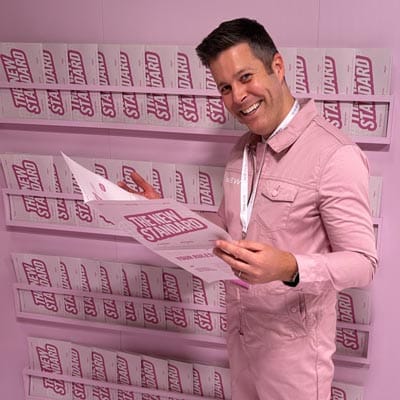
Can you tell us a bit about yourself?
Although I’ve been CEO of Mews for several years now, I still think of myself as a hotelier through and through. I studied hotel management and then spent a decade working for Hilton. This included working as a Front Office Manager and Director of Sales.
I came to understand hoteliers’ challenges through those roles with Hilton and discovered that they revolved around technology more often than not. I joined Richard in his mission to transform hospitality in 2013. Our work began with a single hotel in Prague (The Emblem) and grew from there.
What was your first job in the hospitality industry?
I took on my first job when I was 16. That’s when I was legally allowed to start working in the Netherlands. I applied for a job at the restaurant down the road from where I lived the moment I was old enough to do so.
I worked there for about four years, mainly because I wanted an experience that would help me get accepted at a hotel school. It was the first step towards a much larger career in hospitality. A career path that I was already planning at 16.
What triggered you to start your company?
I was with Hilton for about a decade, and the biggest challenge I saw was technology. It was the tail end of the DOS era. We’d migrated to Windows in 2012, but I realized it didn’t provide a better experience than we already had with DOS.
Once I met Richard valtr, Mews’s Founder, we started discussing what he would do to support a complete mobile experience. He was basically interrogating me, trying to find out how one of the biggest brands in the world operates. So I told him he wouldn’t find anything exciting or innovative at Hilton. He said that if he wanted to create a real mobile experience, he’d have to build it himself.
Then he convinced me to quit my job and help him do exactly that with a couple of developers. That’s where we started from – the first-hand pain of experiencing “technology” in hotels.
What is the story behind your company?
Richard and his family were building the Emblem Hotel, and he decided he didn’t want a reception desk. Richard thought the desks were emblematic of old-fashioned practices. Waiting in line at a desk to be ignored by receptionists while they type details into a computer feels like the opposite of what hospitality is about.
Richard was looking to transform that through technology. We thought we could build an app ourselves because we couldn’t find a supplier on the market. However, it became clear that the property management system is the real underlying problem within the existing platforms. That realization led us to what we’d finally create for the Emblem. We got it live in three or four months, which is unbelievable really.
But when we started selling it, we saw that everyone was frustrated with the current state of property management systems. Later on, we’d open up our API and start to see all these startups building on top of it. That’s when we realized that hospitality had larger problems than we’d initially imagined.
What does your company solve?
Mews empowers hoteliers to transform hospitality for guests as well as staff. That’s the goal. For instance, most guest journeys have an admin-heavy interaction with hoteliers at key moments like check-in and check-out. But there’s also so much happening in the back office that requires a huge amount of administration. And none of it adds value to the business.
Unfortunately, you rarely get something remarkable at a hotel because the team is too busy running the place. Mews is all about using automation to eliminate that unnecessary task clutter so hoteliers can do what they do best – engaging with customers to create remarkable experiences.
What challenges did you face while developing and launching your technology? How did you overcome them?
The biggest challenge arose because we’re the core centerpiece of a hotel. You need to earn the trust of hoteliers because they’re buying a solution that they’re probably going to keep for 10-15 years.
It can be hard to gauge whether or not a company that’s only been around for a couple of years will still be there in a decade. And whether that company will continue to develop the product. It took some really strong early innovators to take the leap, and it’s hard to find those.
Who were the people that have been the most helpful in getting you to where you are today? How did they impact your life and your success?
Richard, the founder of Mews, was transformational for me. He lured me out of a very good career at Hilton to do something even bigger. I wouldn’t have taken that chance on my own.
Finding early adopters for the platform was difficult, especially for the first ten customers. Luckily, we had some great connections from all our years working in hotels. We owe a lot to those initial forward-thinking hoteliers who took a big risk with their hotel operations.
And finally, I can look through the Mews team and see countless people who have been critical to our mission. One key person is Honza, who was our CTO for the first ten years of Mews.
He was just a student when he first joined us. But he transformed into an incredible leader and helped us scale both the solution and the team. I was in awe of how he approached our biggest challenges, and it was inspiring to know he was part of the business.
How do you balance the traditional touchpoints of hospitality with technology?
Mews is central to all the traditional touch points of hospitality – booking, check-in, check-out, and dining. We aim to automate all of those touchpoints and make them seamless for both the user and the guest.
We champion something called user disengagement, which goes against the ideology of traditional tech companies. Instagram, for example, wants you to spend as much of your time as possible engaging with it. Our purpose, however, is to make our users engage with Mews as little as possible so they can create true hospitality experiences. Our team is dedicated to analyzing every click, and every second a user spends on our platform to lower those numbers.
Why? If people have less to do in the system, they have more time to spend with guests or actively think about improving their operations.
How do you stay up-to-date with the latest trends and advancements in the hospitality industry and technology? How do you incorporate them into your product roadmap?
We have an avid culture of reading and sharing at Mews. There are channels where people share interesting articles about the industry, for sharing competitor information, developer news, and general reading channels regarding the functional pieces of our business. We strongly promote reading, listening to podcasts, and sharing what we’ve all learned to have a full discussion about it.
Mews is at the forefront of innovation, which takes a lot of dedication and interest in observing what’s happening outside of hospitality. In truth, I don’t think there’s a lot of great innovation happening within hospitality. However, some amazing things are happening in other industries. We must keep our eyes open and bring those new elements into our products.
How will technology change the hospitality industry over the next five to ten years? Where do you see your company fitting into that future?
We hope to take a central role in the innovative side of the industry. I haven’t been impressed with the innovation we’ve seen in the last two decades of hospitality. The hospitality industry has essentially just done the same thing over and over. Meanwhile, there’s so much exciting technology out there right now that can be used to make positive changes.
I don’t think anyone longs for a traditional check-in because it’s such a great experience. That’s where you’re going to see the real impact of AI. You can truly understand your customers because AI can read textual data and anticipate a guest’s needs. We need a system that can support that type of interaction. I think we will see a massive transformation of customer experiences.
We’ll go far beyond just selling rooms in hotels. We’ve seen a real change, post-Covid, in guests wanting a more diversified stay. Yes, they’re looking to stay in a bed. But guests also enjoy a comfortable desk and great coffee. The guests might also be hybrid travelers who wish to work during their stay.
Leisure and corporate stays are also blending. As a result, leisure facilities and hotels will also need to change. If you no longer need a reception desk, how can you transform that lobby into a much more functional space? That’s where we hope to have a real impact. We’re trying to teach people that you could turn the lobby into a revenue-generating space by, for example, putting a co-working space in that room.
More Tips to Grow Your Business
Revfine.com is the leading knowledge platform for the hospitality and travel industry. Professionals use our insights, strategies, and actionable tips to get inspired, optimize revenue, innovate processes, and improve customer experience.Explore expert advice on management, marketing, revenue management, operations, software, and technology in our dedicated Hotel, Hospitality, and Travel & Tourism categories.

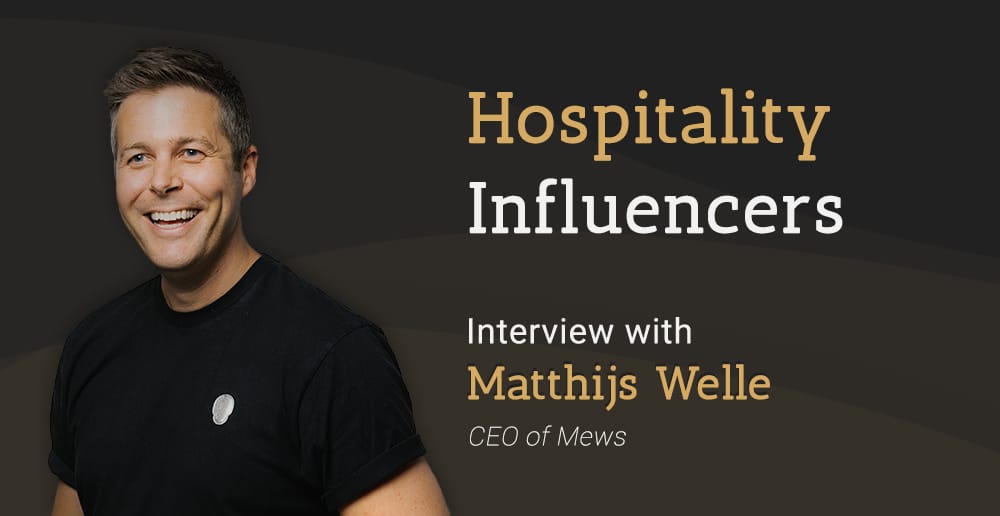
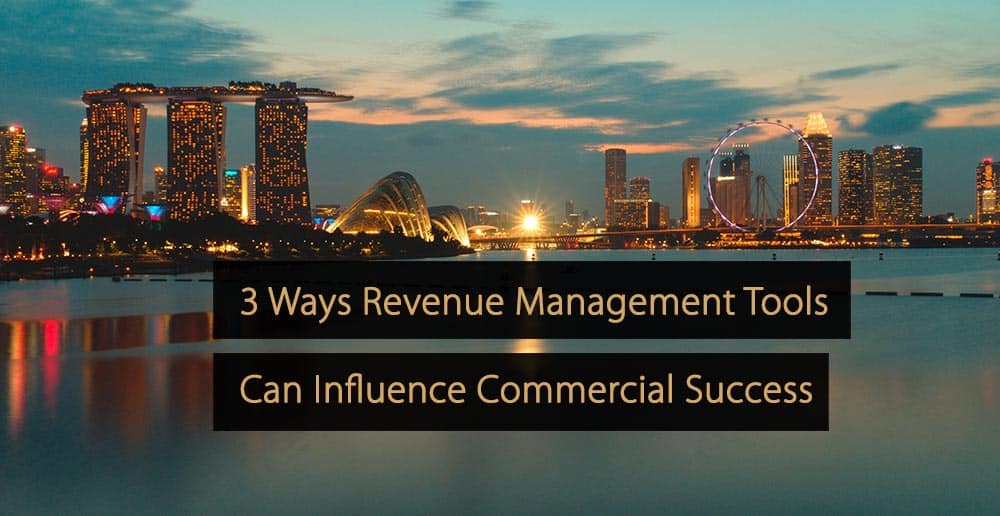

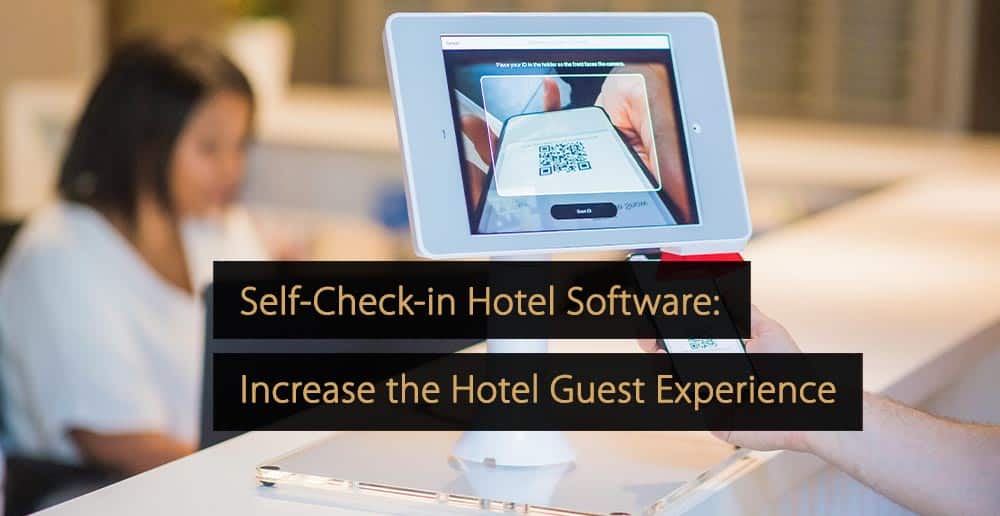
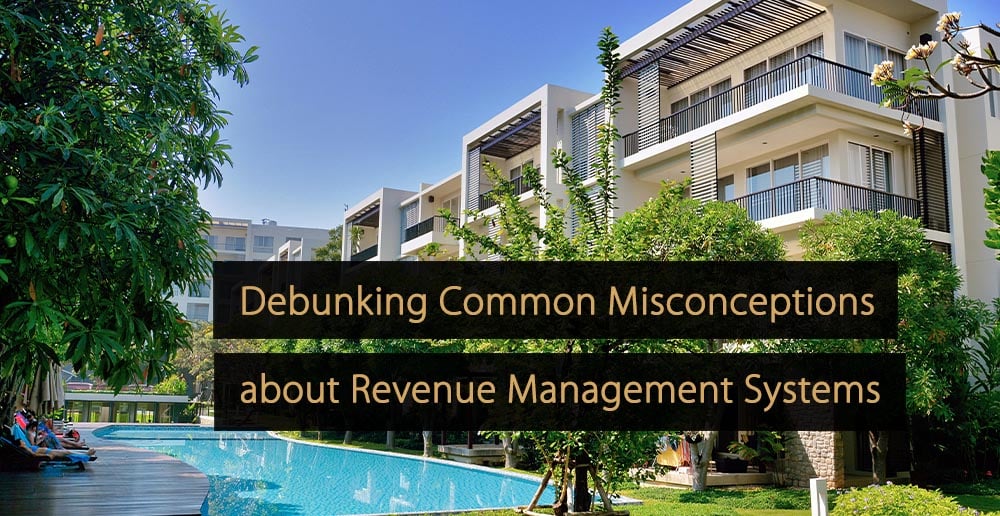
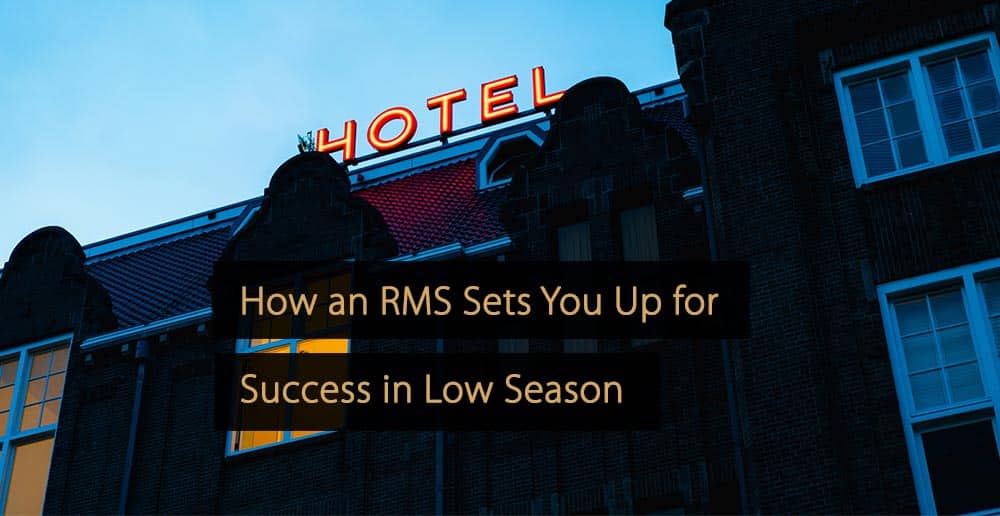
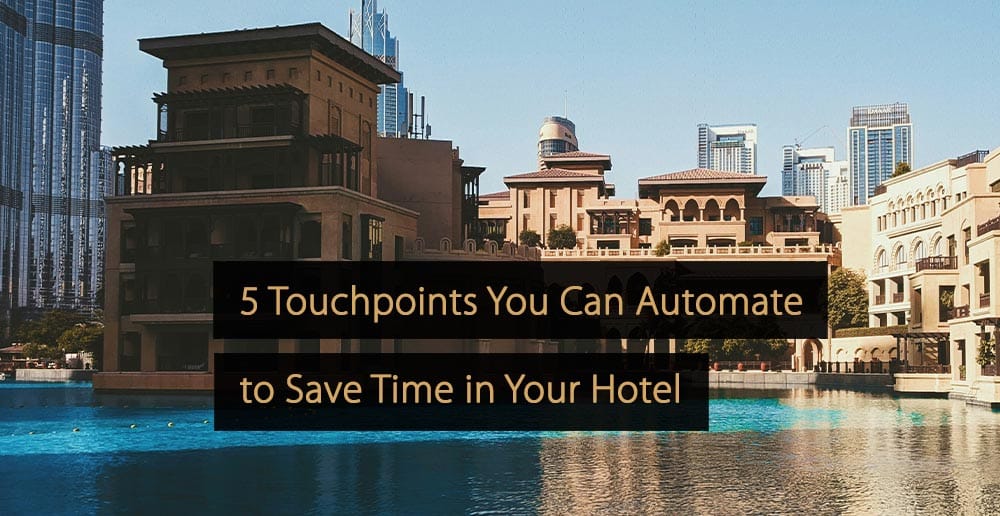
Leave A Comment